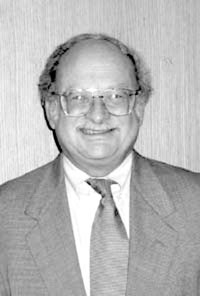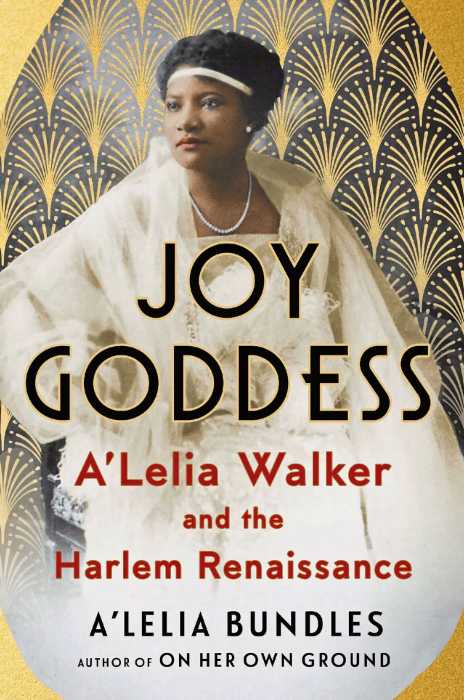Colorado rejects appeal of HIV-positive man who said sex with 12-year-old was consensual
A unanimous Colorado Court of Appeals panel upheld the conviction of Anthony Dembry, an HIV-positive man, on charges of sexual assault and reckless endangerment for what he alleged was consensual sex with a 12-year-old boy in 1999.
The December 18 decision rejected, among other things, Dembry’s argument that the jury was tainted because one of the jurors had stated moral objections to homosexuality during the jury selection process.
According to the decision by Judge Daniel M. Taubman, Dembry was working as a “mentor” to foster children through a child protection agency, and the boy, identified in the opinion as A.R., was one of the children he was mentoring. According to the trial testimony, Dembry picked up A.R. from his foster parents’ home on February 15, 1999, took him to his own apartment, and had anal sex with him without using a condom. Later, A.R. reported the sexual activity and a physical exam showed that A.R. had rectal soreness and an anal tear.
The police obtained an arrest warrant for Dembry and a search warrant for his apartment. When they apprehended Dembry on February 17, he conceded having had sex with A.R. but insisted that A.R. had initiated the sexual activity. While Dembry was interviewed, police officers searching his apartment found HIV medication. They confronted Dembry with this evidence. He admitted he knew he was HIV-positive, and also stated under questioning that he had not used a condom with A.R.
Dembry was first charged with sexual assault on a child by one in a position of trust, and sexual assault on a child as a crime of violence. The prosecutor later amended the charges to add a count of attempted manslaughter, on the theory that Dembry was knowingly exposing A.R. to potential HIV infection.
Ultimately the jury convicted on the sexual assault counts, but went for the “lesser” count of reckless endangerment instead of attempted manslaughter. Taubman’s opinion does not reveal the length of prison term to which Dembry was sentenced.
On appeal, Dembry’s main argument had to do with an evidentiary ruling by the judge that led his defense counsel not to call Dembry’s sister as a character witness. The defendant had proposed having his sister testify that he would not have engaged in nonconsensual sex with the boy, as it would be out of character. At the prosecutor’s request, the trial judge, Thomas L. Kennedy, ruled that if Dembry’s sister testified, the prosecutor would be allowed to cross-examine using Dembry’s preliminary hearing testimony, in which he had admitted having sex with the boy and not using a condom.
But if neither Dembry nor his sister testified, the jury would never hear about the serious admissions the defendant had made in the preliminary hearing.
On appeal, Dembry argued that the judge’s ruling violated his constitutional rights to a fair trial, but the court of appeals disagreed, finding that one does not have a constitutionally-protected right to testify falsely, and that the preliminary hearing statement would be a relevant basis to challenge the credibility of the sister’s character testimony.
Dembry’s other main point on appeal was that one of the people who ended up on the jury had stated during the jury selection process that it might be difficult for him to judge the case fairly because his brother had experienced a sexual assault as a child, and he also indicated that he thought homosexuality was “wrong and unnatural.” The sexual assault had been committed by a female babysitter, and had occurred many years before, and the potential juror responded affirmatively that he could try to separate his feelings about that incident from this case.
On the homosexuality point, the juror insisted that his “philosophical beliefs” would not prevent him from judging this case based on the evidence, and that he understood that “the mere fact that one is homosexual does not bear on whether that person is a pedophile.” On this basis, the trial judge let the man sit on the jury.
The court of appeals had no problem with this, finding that it was within the discretion of the trial judge to find these answers satisfactory and allow the juror to sit on the case.
The court of appeals also upheld the trial judge’s decision to reject Dembry’s motion to have a separate trial on the attempted manslaughter claim. Dembry had argued that his HIV status and the business about the condom was not relevant to the sexual assault charges, so severing was necessary to avoid prejudicing his trial on that charge when the jury heard evidence about his HIV status in relation to the manslaughter charge.
But the court of appeals felt that this ruling was discretionary with the trial judge, and since all the charges related back to the same incident, it was appropriate to include them in the one trial.
Dembry also protested the trial judge’s refusal to allow his attorney to question A.R. about his past sexual history, since Dembry claimed A.R. had been sexually active with men in the past, but the court upheld use of the “rape shield law” in this instance to protect A.R. from such inquiries.



































